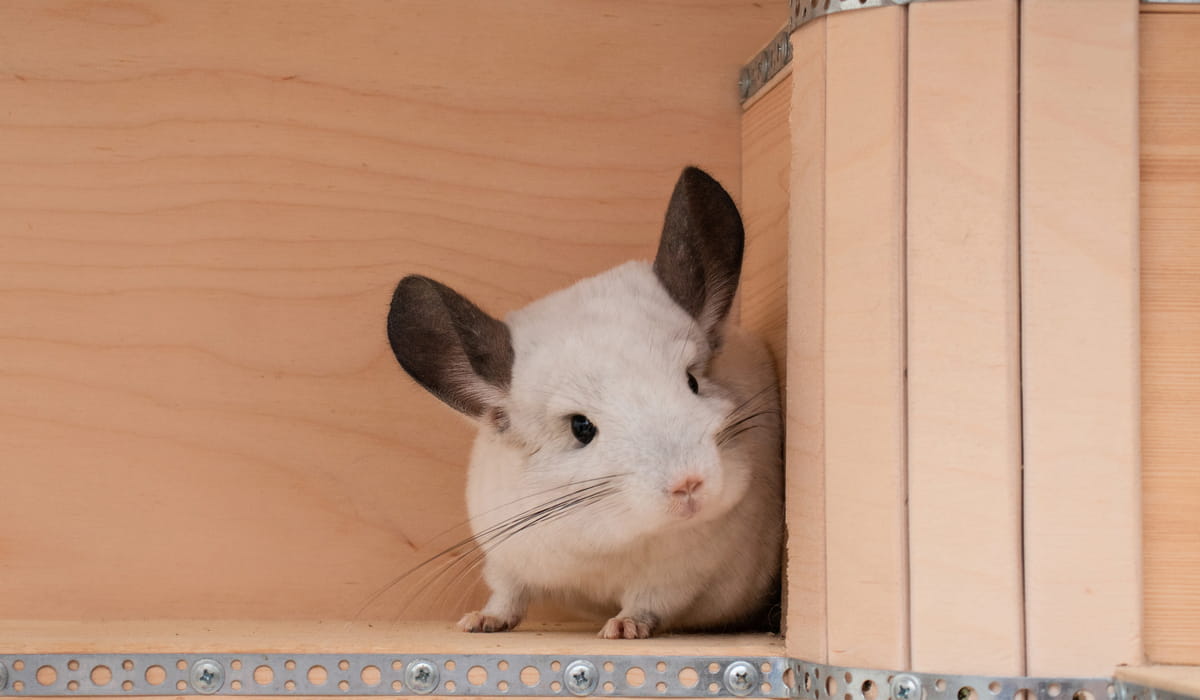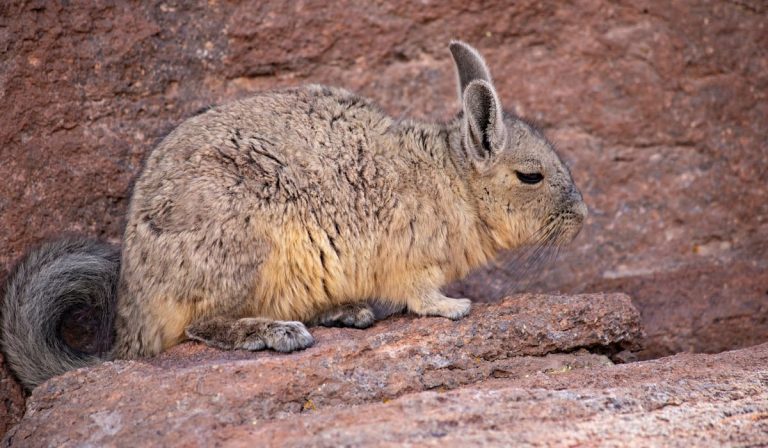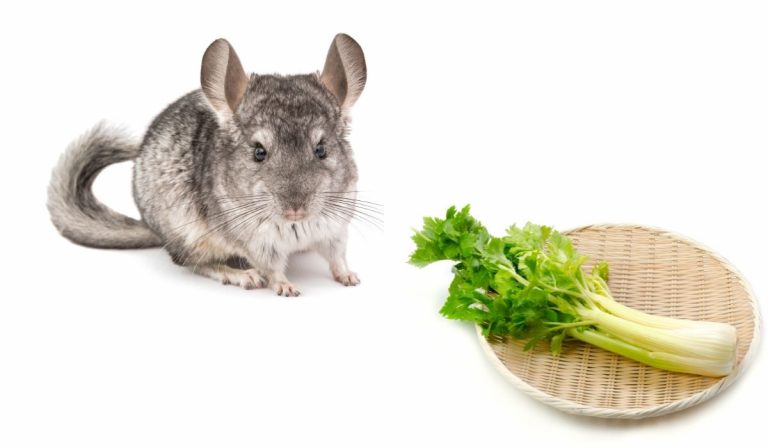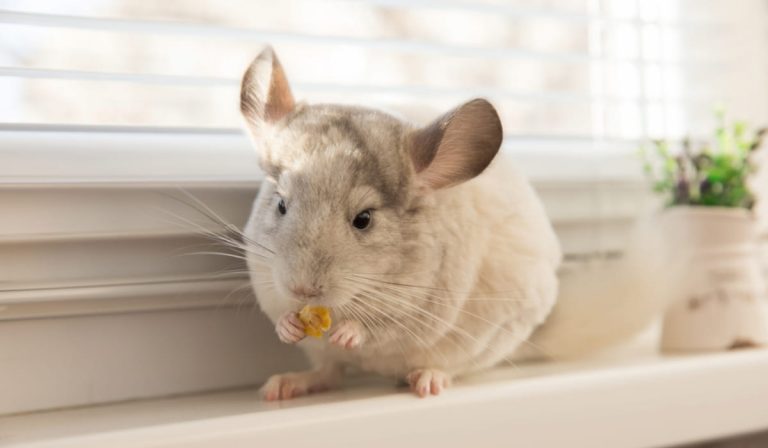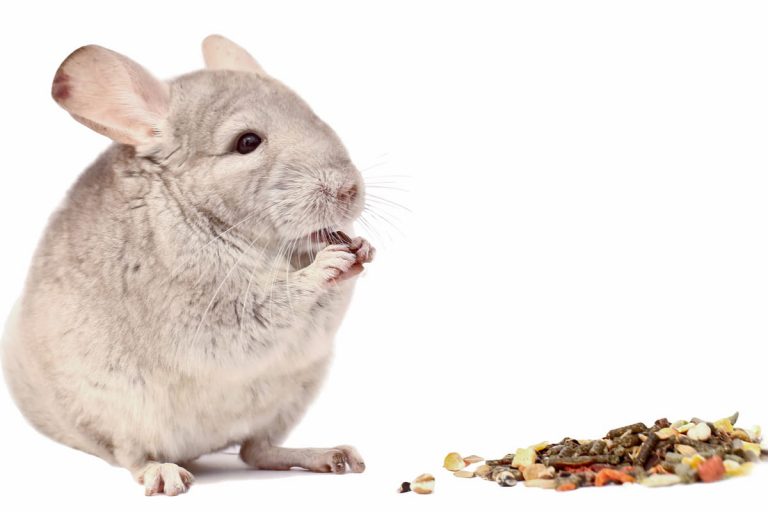Can Chinchillas Live Outside?
Are you planning on raising chinchillas? These rodents are cute, cuddly, and very easy to care for.
Before bringing your chinchilla into their new home, you need to put some things into consideration including where you are going to keep them.
Can chinchillas live outside? Due to various environmental conditions, domesticated chinchillas cannot live outside. Chinchillas can be exposed to rainfall, direct sunlight, the cold of winter, etc. when they live outside and these elements can cause them to become sick.
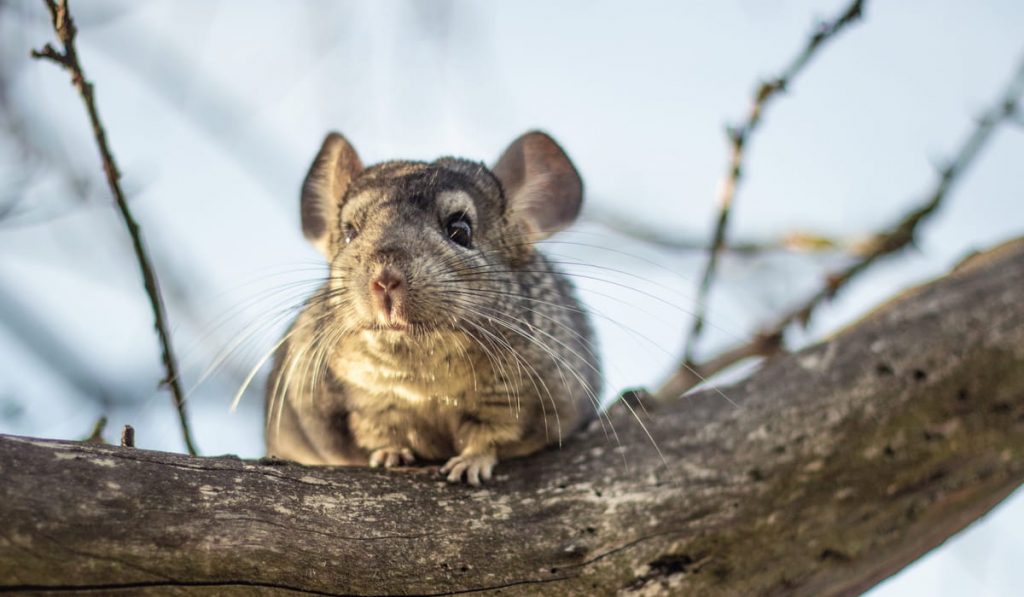
Reasons Chinchillas Should Not Live Outside
1. They Cannot Withstand Temperature Fluctuation
Chinchillas naturally live in the semi-arid mountain regions of countries such as Argentina, Peru, Chile, and Bolivia. In their natural habitat, there are no regular temperature fluctuations and the average temperature is usually low.
Living as pets, chinchillas are in a new environment with new environmental conditions. It is best that you raise them indoors where you can control and regulate their temperature in the 60° F to 70° F range.
2. They Live in Low Humidity
In their natural habitat, the humidity level is quite low (< 50%). If you raise your chinchillas outside, you may be exposing them to higher levels of humidity.
Remember that chinchillas have a thick fur. In high humidity, their fur will be always moist and it can promote the growth of fungi, bacteria, and other microbes that can hurt your chinchillas.
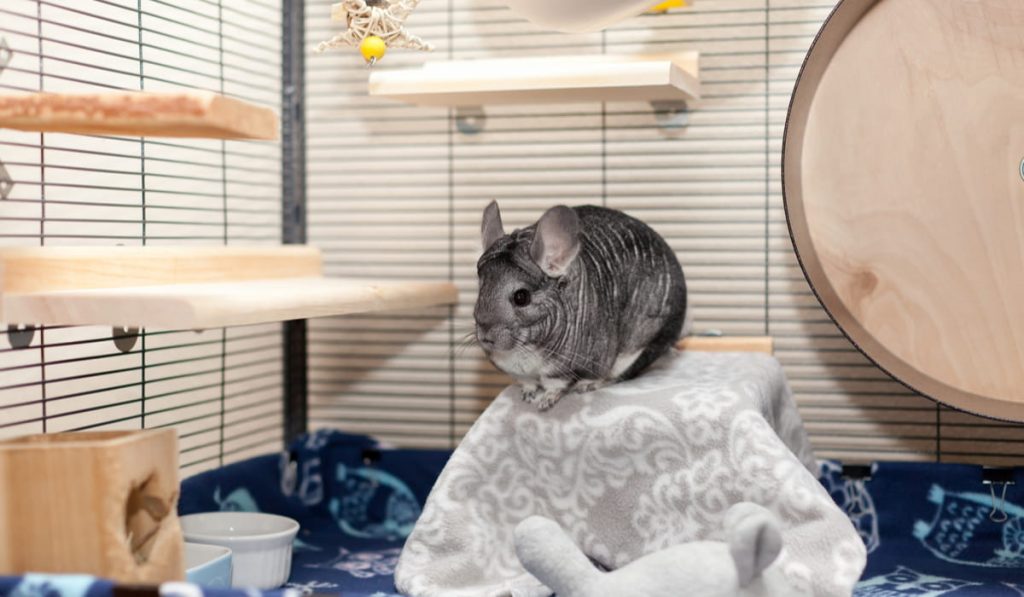
3. They Are Crepuscular and Love the Dark
Crepuscular animals such as chinchillas are animals that are most active in the evening (twilight). This means that your chinchillas will sleep during the day.
If you keep your chinchilla cage outside, direct sunlight might reach them and disturb their sleep. They can also be exposed to noise and other stress factors.
4. Rainfall and Direct Sunlight
Direct sunlight can increase the temperature of the cage and the chinchillas in it can become stressed.
Living outside can also expose your chinchillas to rainfall. You should not raise your chinchillas outside.
5. Fear of Predators
With their thick fur, chinchillas have a distinct smell that can attract predators. In the wild, chinchillas are prey to a lot of animals.
To prevent your chinchillas from attracting predators that can harm them and other small pets, you should raise chinchillas inside.
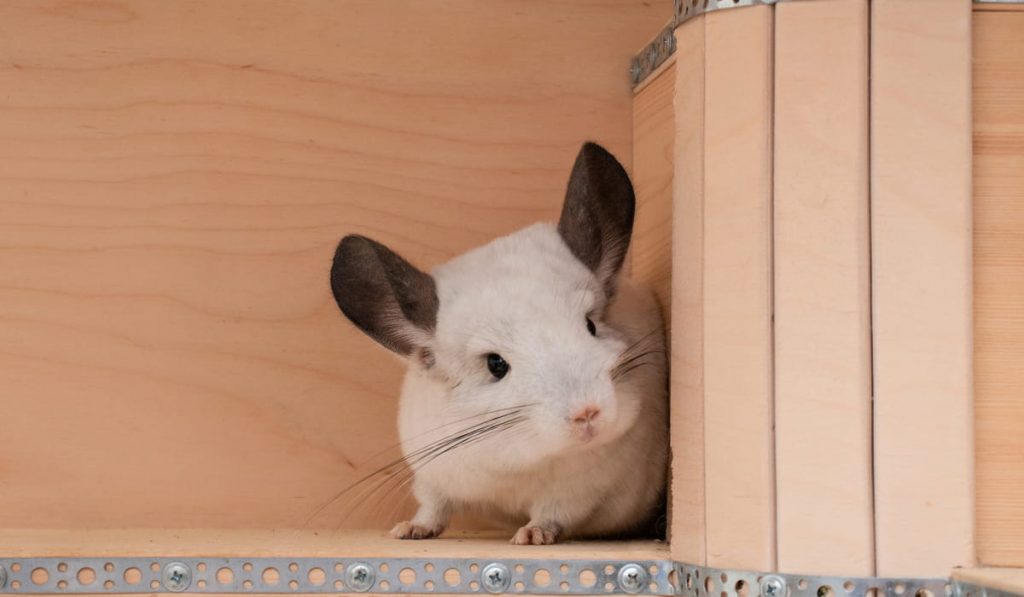
Chinchillas Should Live in a Large Indoor Cage
Your chinchillas need a large indoor cage. Their cage should have at least 2 feet of space per chinchilla. Chinchillas are very active especially in the evenings and they need their space.
Their cage can be customized and can include:
- A Wheel: If you like, you should install a wheel with a solid surface so that your chinchillas can play and exercise in it.
- Steps: To mimic the natural mountainous environment of chinchillas, their cage should have steps and other surfaces they can climb.
- A Hiding Spot: Remember that chinchillas are prey and naturally love to hide from predators. Whenever your chinchillas feel threatened, they will hide in their hiding spot (if you provide them with it).
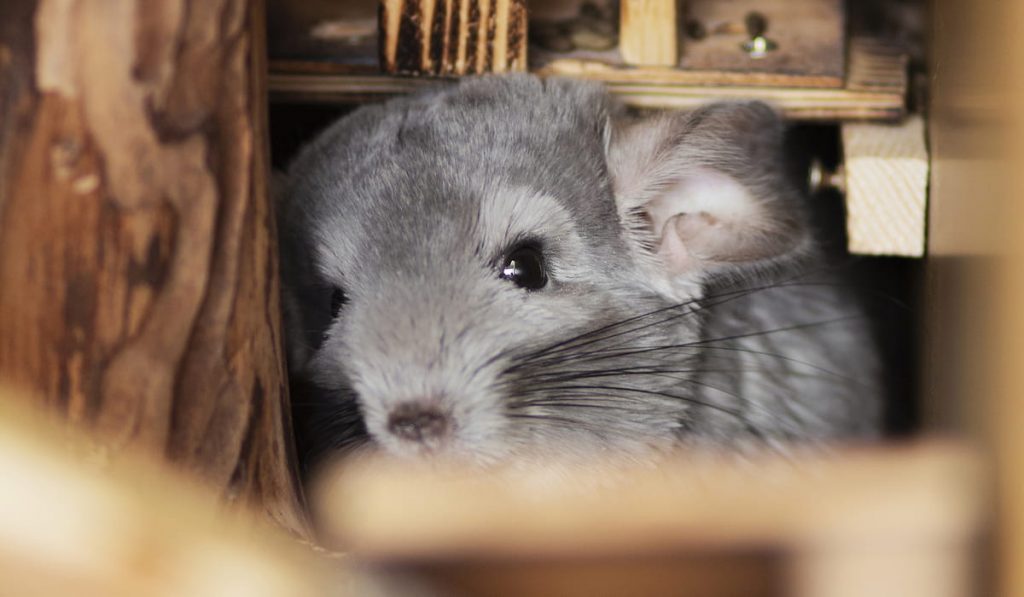
Chinchilla Care Tips
1. Give Your Chinchilla the Right Food
Chinchillas are herbivores, so they eat grasses, vegetables, fruits, hay, seeds, and other plant products. They can also eat chinchilla mixes (processed feed) and guinea pig feed.
Chinchillas need a lot of fiber for their bowels and vitamin C, so give them a lot of hay, dry leaves. Do not feed them with rabbit feed because rabbit feed contains very little (or no) vitamin c.
2. Give Your Chinchilla Treats
Some treats that you can give to chinchillas are:
- Dried fruits
- Fresh fruits
- Rosehips
- Plain cheerios
- Goji flowers
You can use treats to train and reward chinchillas. You can also use treats to bond with your chinchilla and build their trust in you.
3. Give Your Chinchilla Bedding
Many pets need bedding and chinchillas are no exception.
Since they are in a cage and you may not have enough time to clean or wash their cage daily, you can use bedding to absorb the smell and moisture of chinchilla urine and feces.
Some bedding materials are:
- Wood shavings
- Sand
- Hay or straw
Make sure that there is always bedding in their cage.
4. Give Your Chinchilla a Clean Home
Even though they have bedding, you should clean the cage of your chinchillas regularly. Allowing waste to build up in the cage attracts bacteria, fungi, flies, maggots, etc. into their cage.
You should regularly clean their cage.
As an extra tip, leave some clean bedding behind (i.e. do not remove all their bedding at once). Chinchillas are territorial and need their smell in their territory.
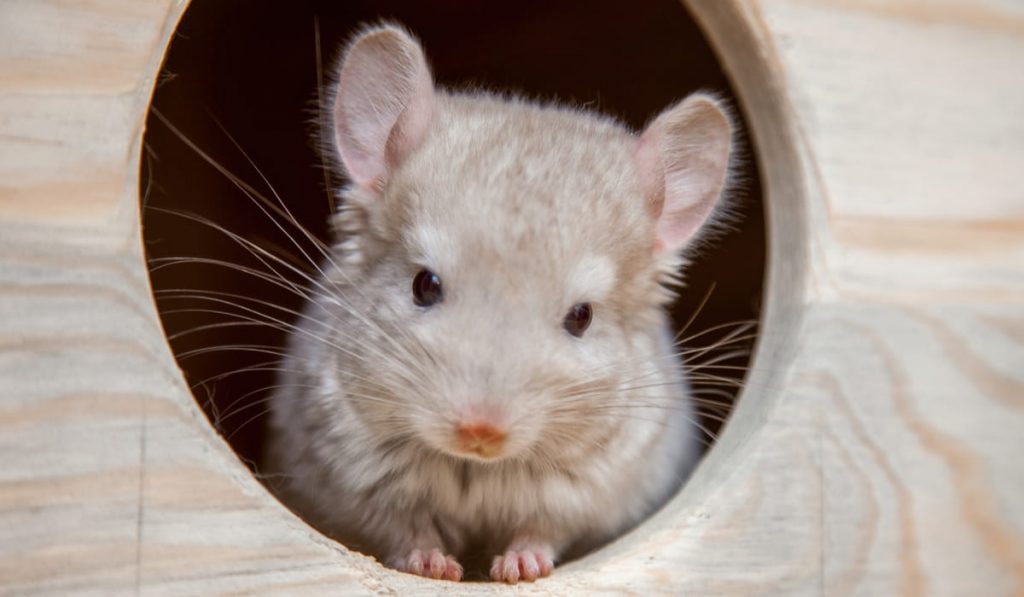
5. Give Your Chinchilla Appropriate Lighting and Temperature Conditions
Chinchillas do not need direct sunlight. This means that you should not place their cage facing a window.
During the winter, you can use a heat lamp to maintain 60° F to 70° F in their cage to prevent your chinchillas from feeling too cold.
6. Give Your Chinchilla Exercise
Your chinchilla will not be happy trapped in a cage constantly. During the evenings (i.e. when they are most active), you should release your chinchillas so that they can run and exercise outside the cage.
With their favorite treats, you can coax your chinchilla back into their cage.
Please note that chinchillas are very curious and will eat anything that can fit into their mouth. To prevent your chinchillas from hurting themselves (by eating what they should not eat like wires), you should restrict where they can reach in your home.
Always pay close attention to your chinchillas when they are outside their cage.
7. Give Your Chinchilla a Bath
Chinchillas need baths. You can bathe them with water, but if you want to go more natural, you can take them to a sandbox (they bathe with sand in the wild).
The sandbox should have fine and not coarse sand and it should be filled with at least 10 inches of sand.
If you follow the tips above, you will raise happy and healthy chinchillas.
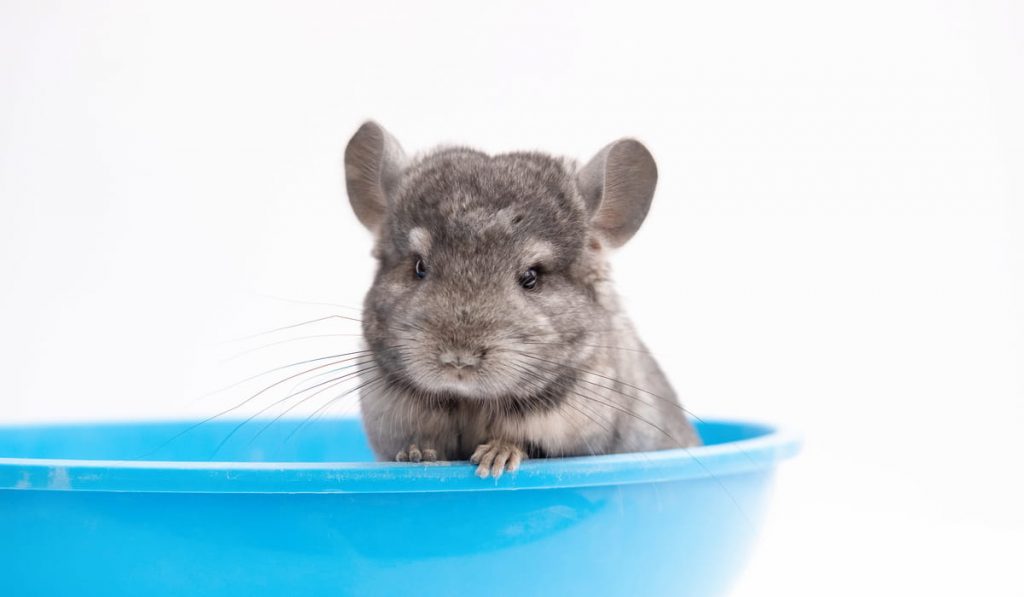
Related Questions and Answers
1. Why are Your Chinchillas Afraid of You?
Your chinchillas might be afraid of you when they are new in the home. One common reason your chinchillas will be afraid of you after a long time is that you are chasing them to return them to their cage.
Instead of chasing and taking them back into their cage, you should use treats to attract them, pet their cheek, and gently put them back into their cage.
You should also play with them to bond with them.
2. How Do You Give Chinchillas Dental Care?
As rodents, chinchillas will continue to grow their teeth. To prevent their teeth from getting too long, you should provide them with chewable toys and something to eat.
If it gets out of control, call the vet.
3. Can You Raise Just One Chinchilla?
Chinchillas are rodents and rodents are social animals. Raising just one chinchilla can cause depression as chinchillas love to live with others.
4. How Do You Introduce a New Chinchilla to the Current Ones?
To prevent your chinchillas from fighting, you should bring the new one in a separate cage placed opposite (or beside) the current cage.
Make sure that chinchillas in the current cage can see the new chinchilla. After 7-10 days, you can take the new chinchilla into the larger cage.
It is easier to introduce chinchillas of different sexes.
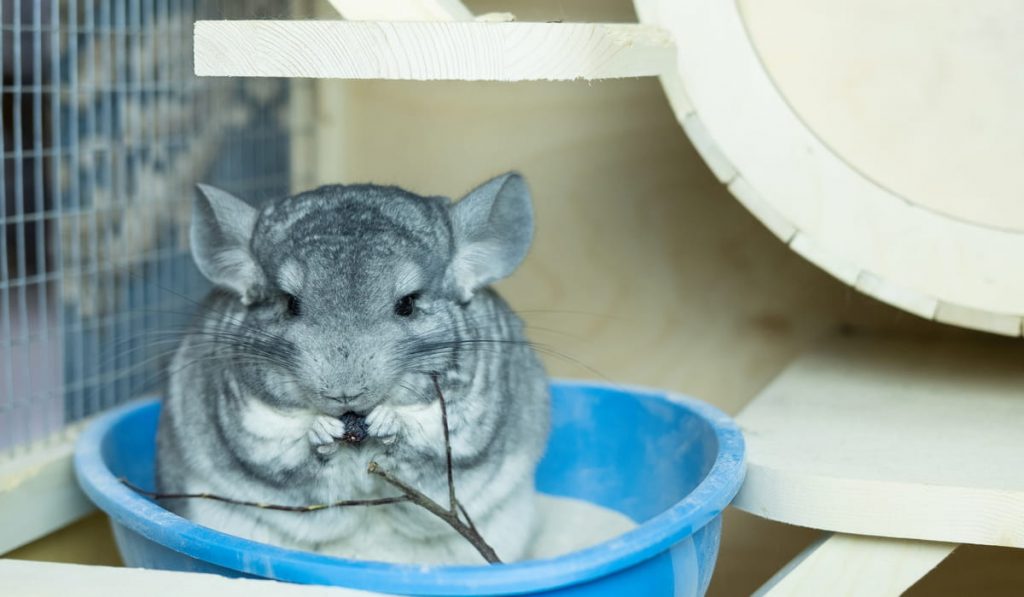
5. Why Are Your Chinchillas Chewing Their Fur?
Fur chewing is a condition in which your chinchillas will chew their own fur. It is a sign of stress, boredom, deficiency of nutrients, etc.
You should play with your chinchillas often, give them toys, install a wheel, and keep them busy. Also, make sure that they are eating the right foods.
Final Thoughts
Chinchillas are very fun rodents to raise. To raise them without any issue, do not keep their cage outside.
Also, give your chinchillas healthy treats.
Remember not to chase them. Instead of chasing them, attract them with treats and pet them regularly.

